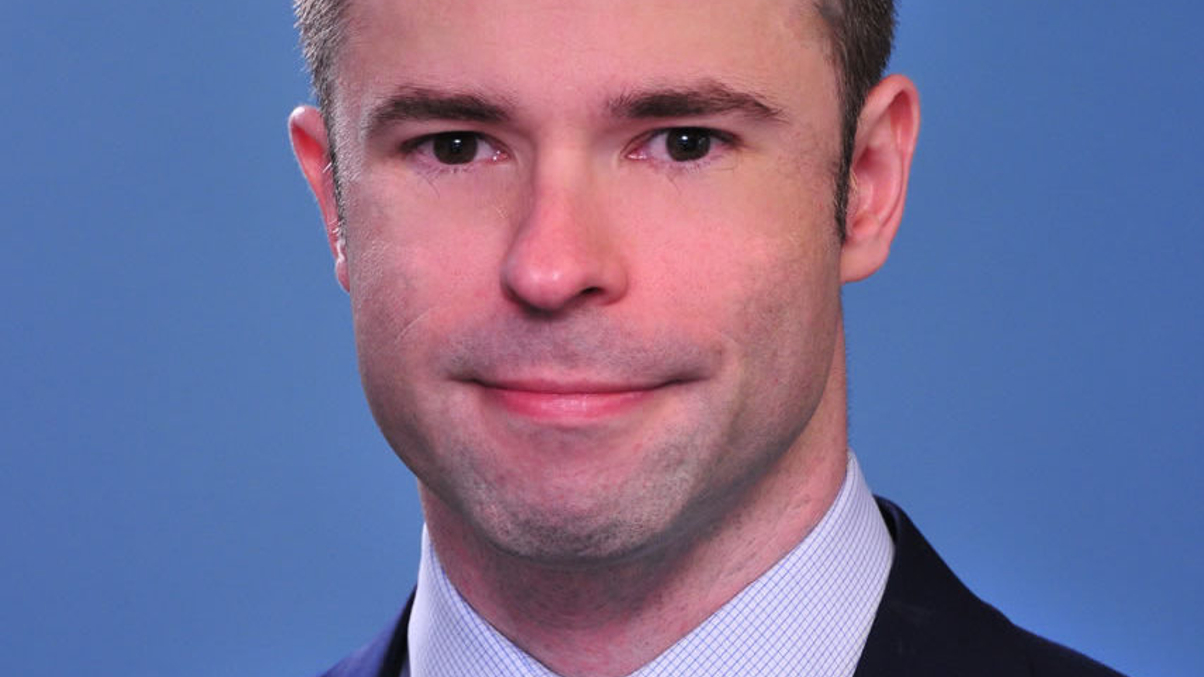PE industry rattled by HK tax issues
A 400% jump in tax audits of alternatives managers and uncertainty over tax treatment in Hong Kong have private equity firms worried. Some are said to be shifting certain functions to Singapore.

An estimated fourfold rise in the number of tax audits of alternative asset managers in Hong Kong last year has raised worries among industry participants.
Sign in to read on!
Registered users get 2 free articles in 30 days.
Subscribers have full unlimited access to AsianInvestor
Not signed up? New users get 2 free articles per month, plus a 7-day unlimited free trial.
¬ Haymarket Media Limited. All rights reserved.


